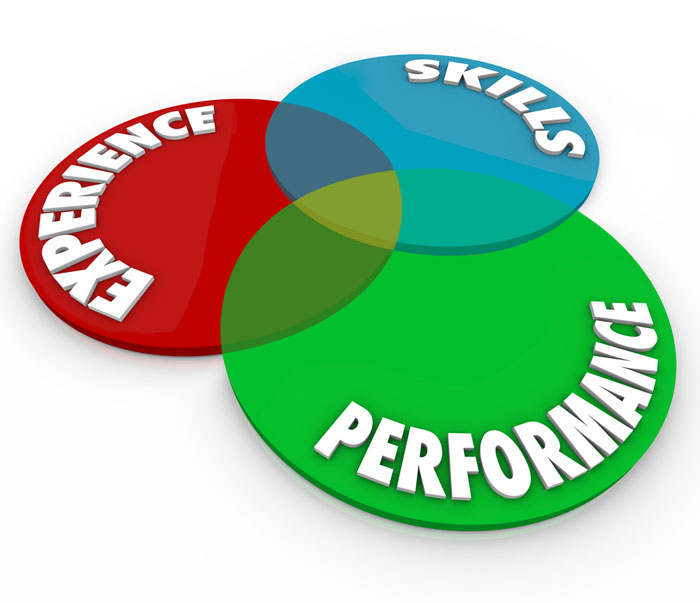
Basically five different areas need to be covered in the interview.
They are:
1. Problem-solving skills
2. Communication skills
3. Motivation
4. Interpersonal skills
5. Administrative skills
Click here to find a list of 50 sample questions you can ask during the interview. Sometimes certain questions are more important than others, all depending on the situation.
Always keep in mind the purpose of the interview: to determine whether the candidate is a good match for your client's needs. Therefore, it is very important to keep the position requirements very central when asking the questions.
As you have only a certain amount of time available for the interview, all the preparation and homework must be done beforehand. Before meeting with somebody you should have sufficient information to be able to write the career brief on the candidate. This preparation also enables you to focus on potential weak spots to a greater extent, and to get an opportunity to focus on the person's personality and potential abilities, thereby enabling you to make an accurate assessment.
After the interview, you should be able to answer these three crucial questions:
1. Is the candidate able to do the job?
2. Is the candidate willing to do the job?
3. Is the candidate going to be manageable?
Time Frame
Never try to make a marathon session out of the meeting. Do not chitchat more than necessary. Spend a maximum of ten minutes to break the ice. Always get to the point when you speak. Keep in mind that you are in charge. To make sure that you cover everything, you need to tell the candidate up front how many minutes you have available and what you need to cover. (The meeting should last from one to two hours maximum.)
Documentation You Should Bring to the Interview
When interviewing someone, you should always bring the following information, which, of course, has to be studied beforehand:
1. The candidate's resume with notes from the development
2. A list of comments and initial questions based on telephone contact and the resume. You should know what specific areas you need to probe in order to feel that you have a complete picture of the candidate.
3. A list of interview questions
When you have finished, pull back and consider with the candidate the implications of what he or she has just told you. Spot any gaps in necessary experience and discuss these. It may be that you mutually come to the conclusion that the job is not a fit. If a candidate is on the edge of being qualified, you can honestly say, "You realize that in my terms you would be on the 'light' end of the candidate scale, although this does not necessarily disqualify you completely." If this is the case, he or she will no longer be the number one candidate, but more of a reserve, unless the requirements change in favor of the prospect in question.
Candidate Match Up
Match up is a technique used by leading headhunters to build a case for a candidate. It basically means that you ask the person you just interviewed to prepare (at home after the interview) and submit in three-quarters to one page the reasons why he or she should get the job. This information can also be of great help when writing the candidate report. You will also get a feel for the candidate's motivation for the position.
Immediately after the interview, while everything is still fresh, you should prepare the assessment report. This report is basically a one-page summary of the interview, where you list the strengths and weaknesses of the candidate on the five previously mentioned areas. This report is also where you list, in a few sentences, why you think this candidate fits or does not fit the particular position.
